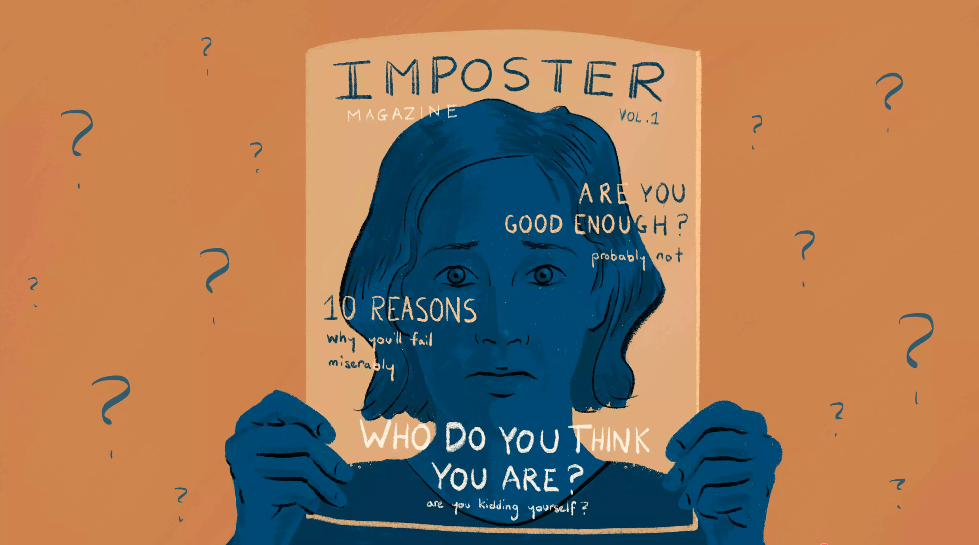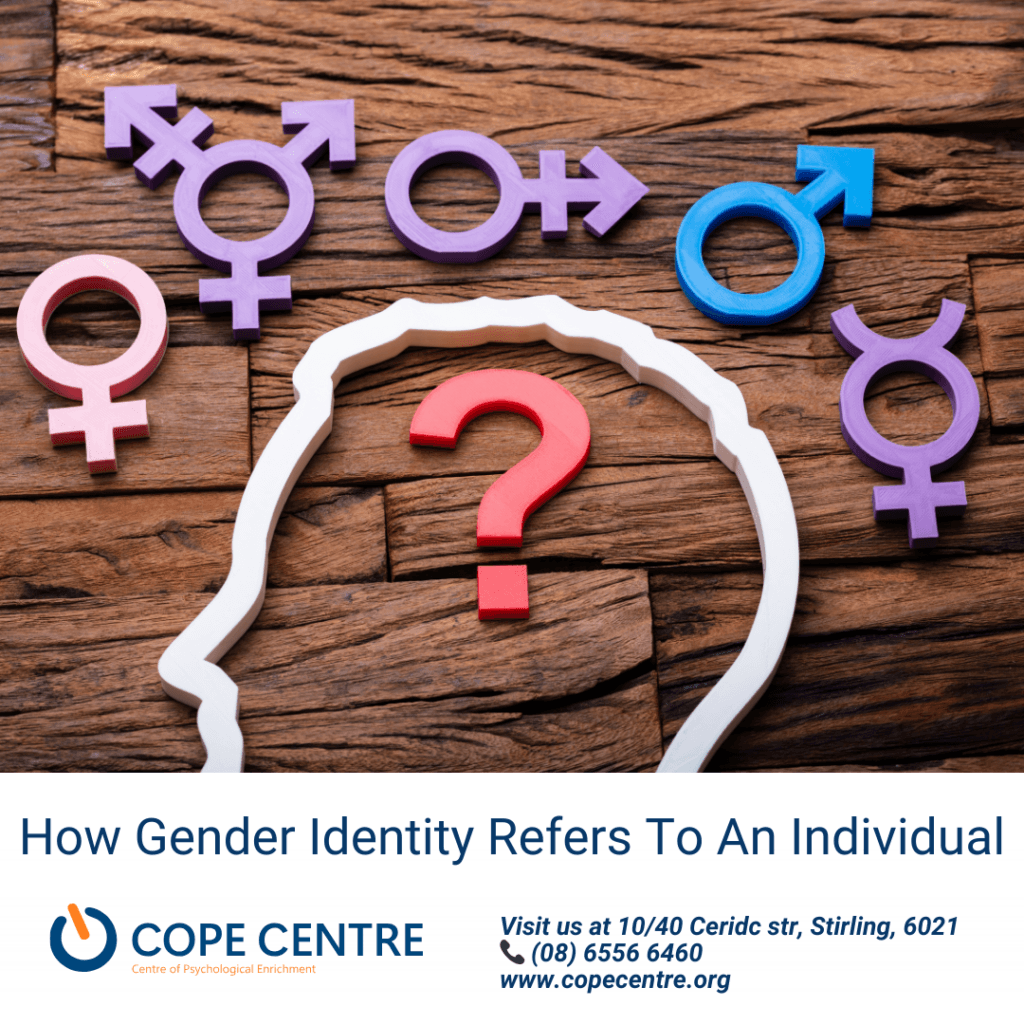How Can Art Therapy Help Individuals With Schizophrenia and Autism?
Have you ever felt like a fraud, despite your accomplishments? If so, you’re not alone. Imposter syndrome, characterized by persistent feelings of self-doubt and the fear of being exposed as a “fake,” is prevalent among mental health professionals.
How Can Art Therapy Help Individuals With Schizophrenia and Autism? Read More »




